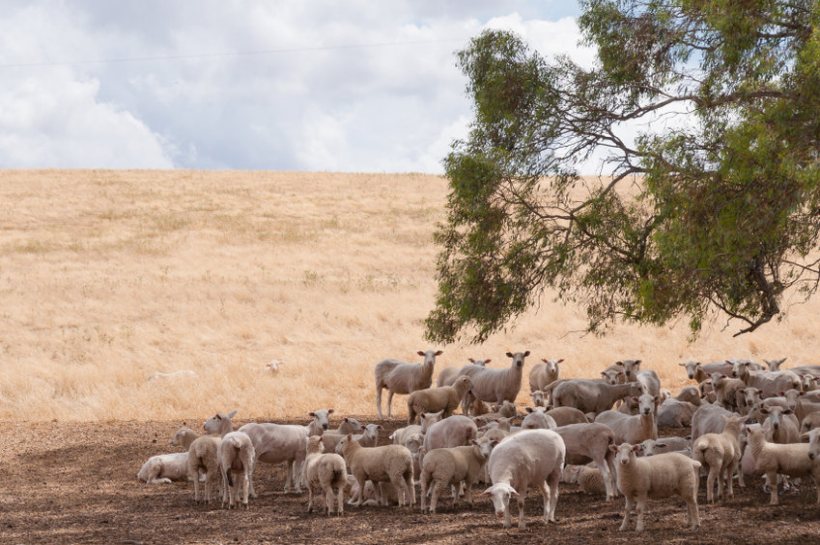
Sheep farmers have criticised the government's 'continued dismissal' of the impact the UK-Australia trade deal will have on their sector.
The National Sheep Association (NSA) is pressing for urgent scrutiny of the trade agreement by parliament and the Trade and Agriculture Commission (TAC).
Despite assurances that certain sectors would be afforded some level of protection, there will be full liberalisation of dairy after six years, sugar after eight years and beef and lamb after 15 years.
There will also be no safeguards available for any products if imports reach damaging levels after that 15 years is up.
The UK has agreed to beef and lamb quotas which will favour imports of high-value cuts, despite this being the end of the market where British farmers tend to derive any value.
It follows the Department for International Trade’s (DIT) own impact assessment of the agreement, confirming a ‘reallocation of resources away from agriculture, forestry, and fishing’ of around £94m.
NSA chief executive Phil Stocker said: "It is obvious, based on its own assessment, how this government has truly committed the UK sheep industry to being the sacrificial lamb to enable cheaper Australian [meat] to be on UK supermarket shelves.
"The association presses for proper scrutiny of the deal by parliament and TAC in order for the public to be given the full details of how the deal will allow imports of lamb produced to lower standards than those here in the UK.”
It follows prior warnings by the NSA that the Australia and New Zealand trade deal negotiations will set the standard for deals going forward.
The trade body is urging the government to provide MPs with a meaningful vote on the deal, and that the views of the TAC are recognised.
Mr Stocker said: "This will be a test case for democracy in relation to trade deals - crucial because they will be for the long term.
"The next stage of this process cannot be a rubber-stamping exercise otherwise the government’s support from rural constituencies will fall further.”
